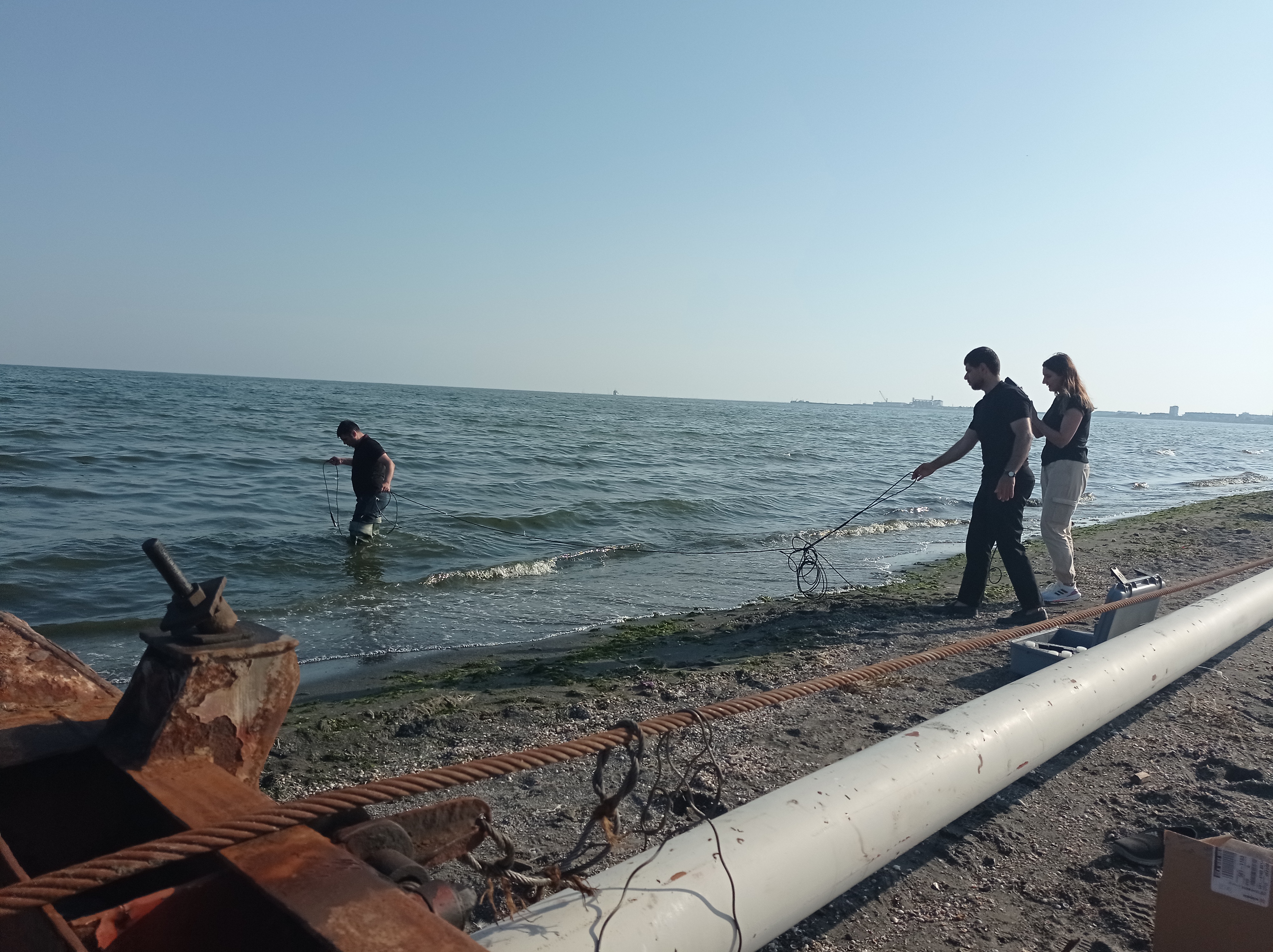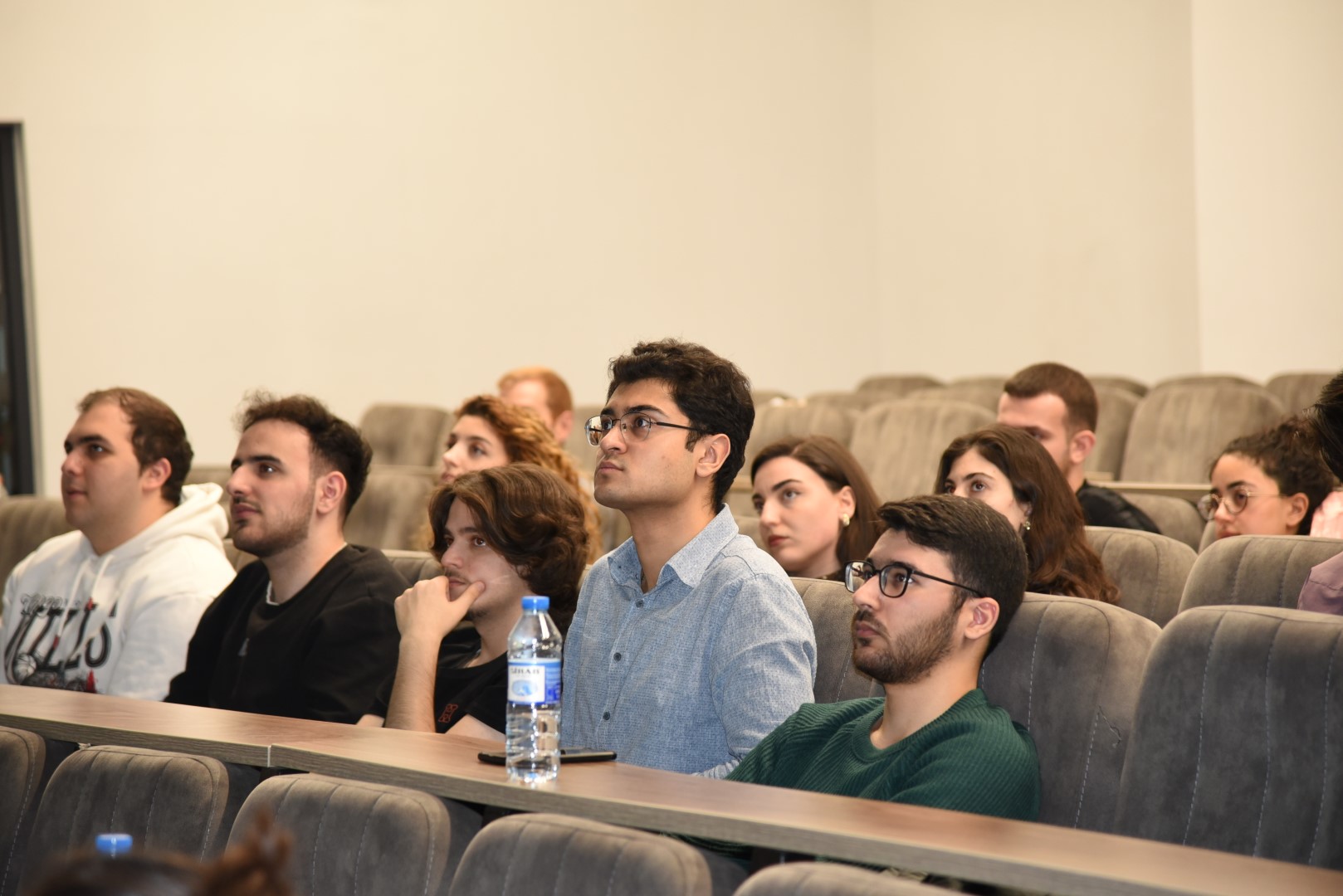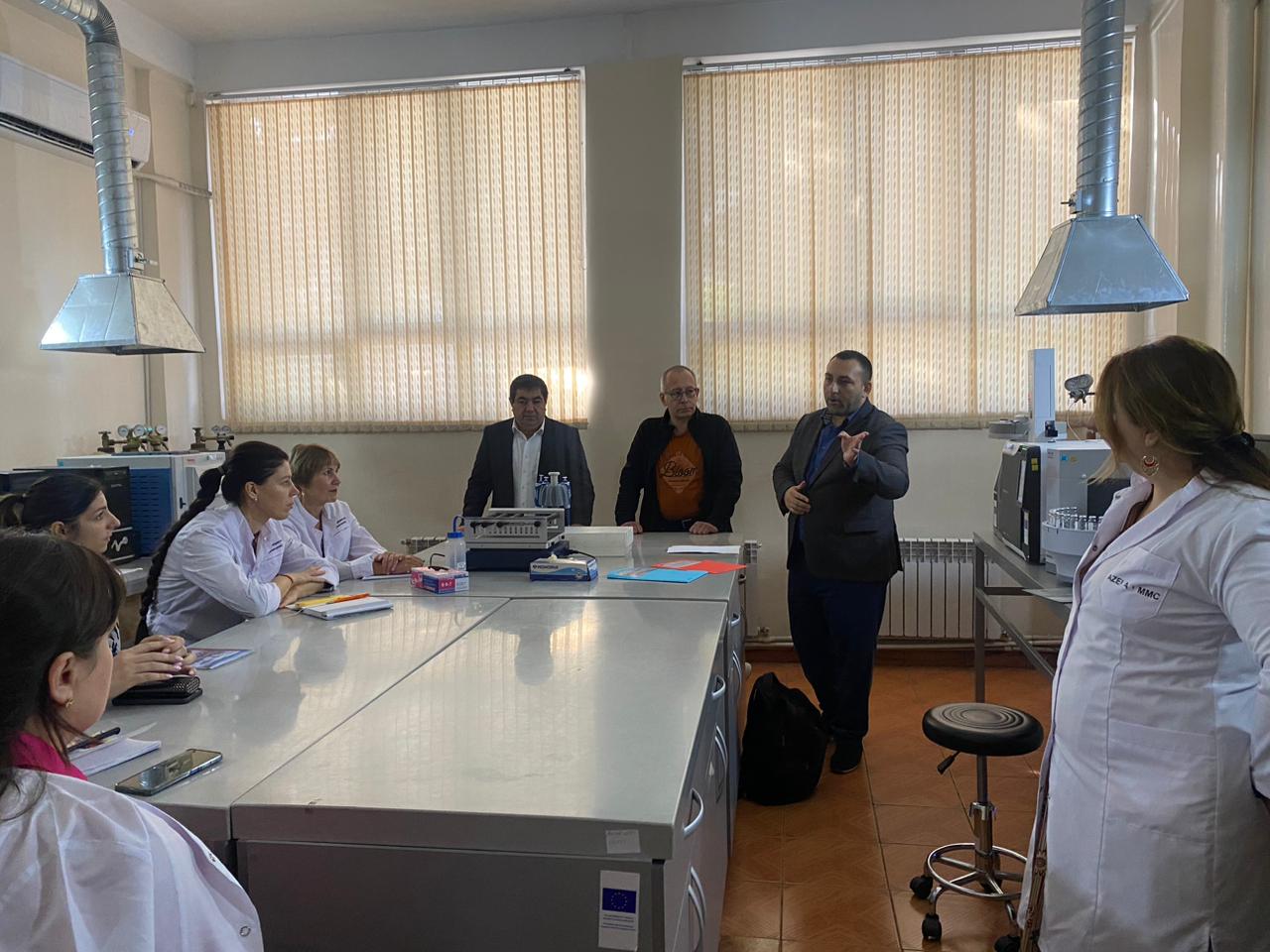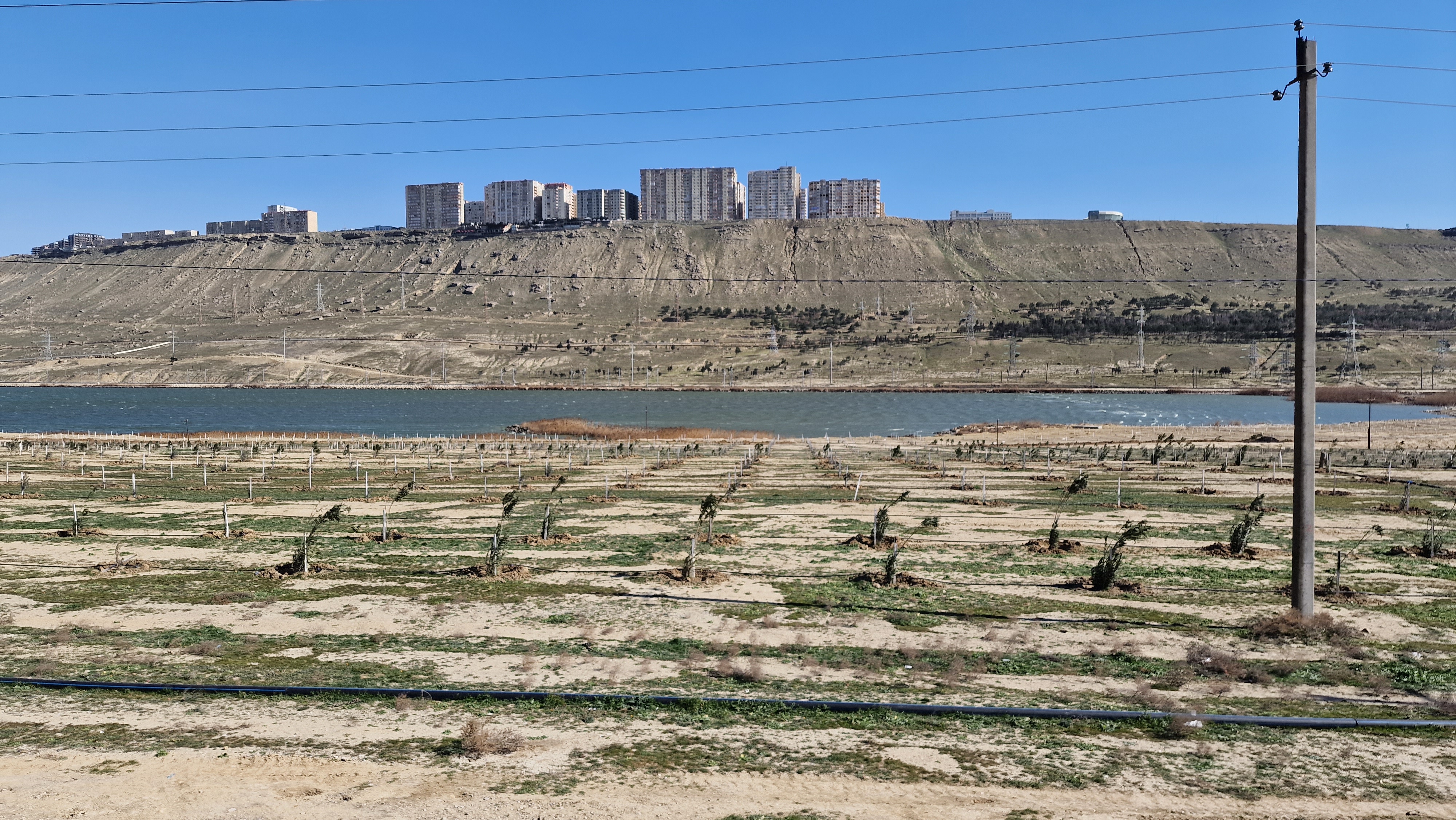- Country: Azerbaijan
- Component: Water resources
A major step towards integrated water management: President Ilham Aliyev approved Azerbaijan’s National Strategy on Efficient Use of Water Resources on 12 October 2024. It sets out a comprehensive vision for the efficient management and protection of Azerbaijan’s water resources in line with EU and international standards. With its adoption, Azerbaijan sets an important signal on the occasion of the Climate Change conference (UNFCCC COP29) in Baku, where water is a key issue.
A roadmap for sustainable water management
The National Water Strategy outlines a clear path for Azerbaijan's water sector reform, setting short, medium, and long-term goals for the next 18 years. It aims to improve water security, to promote sustainable development, and address key challenges, such as water scarcity, water pollution and the growing demand for irrigation and drinking water.
The strategy will strengthen Azerbaijan's legal framework and build on modern principles of Integrated Water Resources Management (IWRM), including river basin management and the "polluter pays" principle. Key actions include expanding the national water monitoring system, creating a comprehensive database for surface and groundwater resources, and improving wastewater collection and treatment across the country.
EU’s support for the development of a Water Strategy
The European Union has played a pivotal role in the development of this strategy through the EU Water Initiative + (2016-2020) and the EU4Environment - Water Resources and Environmental Data programme (2021-2024). By supporting policy dialogues and providing technical guidance, the EU helped to shape Azerbaijan’s strategy in line with EU water management standards, with the support of the programme’s implementing partners: UNECE, OECD, the Environment Agency Austria and the International Office for Water in France.
A step towards water security and resilience against water stress
As Azerbaijan faces increasing water challenges due to climate change and high irrigation demand, the National Water Strategy represents a critical step towards a fair and balanced water use, and a secure and sustainable water future for its citizens and the region.


_thumbnail.jpg)




